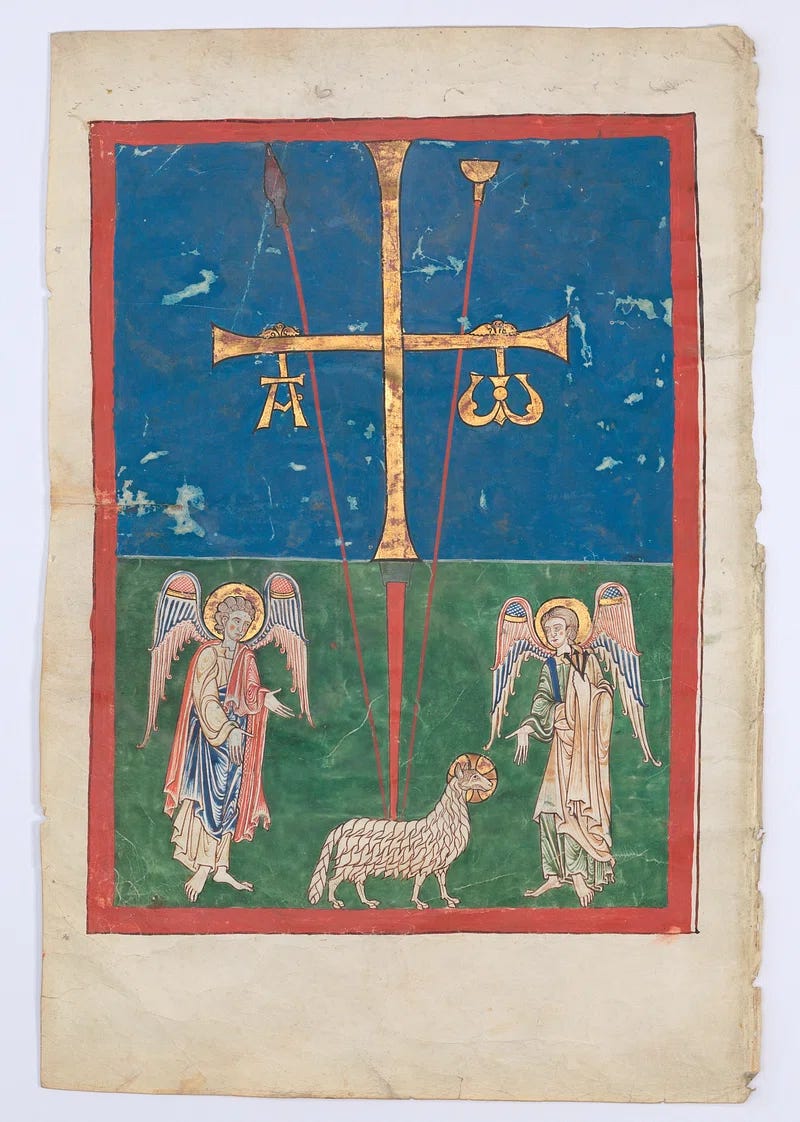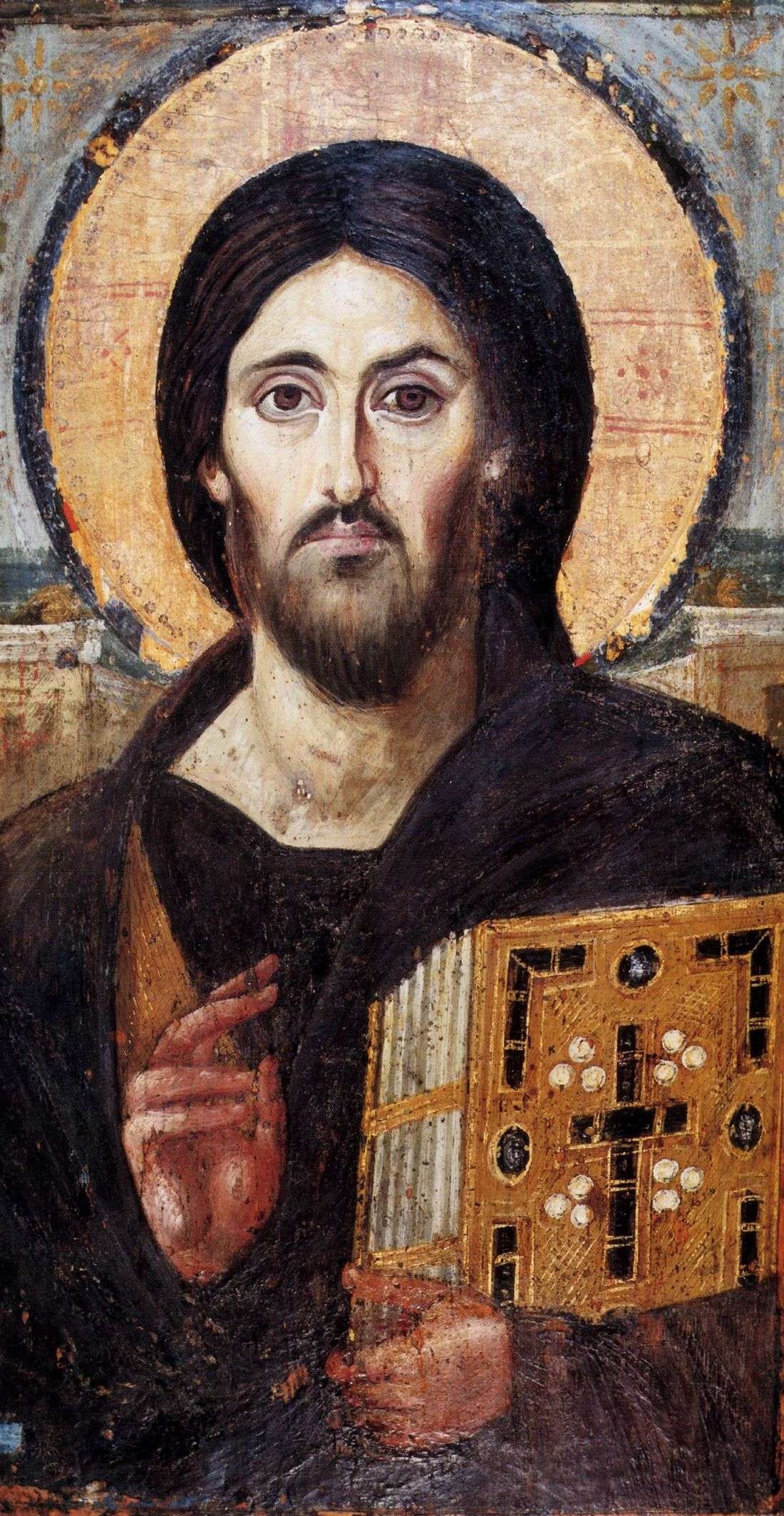“Whosoever doth follow Christ speeds well.” -John Donne
Close only counts in horseshoes and hand grenades. In the operating room, if a surgeon almost completes a successful operation, then the patient does not recover in the morgue. While constructing a house, if a carpenter nearly follows the blueprint, then the roof may collapse. During a concert, if a musician almost plays the right notes, then rotten fruit will be thrown. In life, if a man almost tells the truth, then he is a liar. Being almost right means being wrong. Being nearly successful means failure.
But, on the other hand, being close seems to count for something. When teaching a young girl arithmetic, if she answers 5+7=13, then we think she is on the right track toward grasping simple addition. Instead, if she answers 5+7=1,362, then we will think she has given an outrageous answer to avoid the hard work of learning. If a man while walking through woods in the midwestern United States looks ahead and notices a large dark shape moving, then he will set his mind to figuring out what he has seen. His subconscious will set to work heuristically. He will not even consider that the shape might be an elephant or a rhinoceros, for that would be absurd. Being in the woods alone, he may worry that the lumbering shape is a bear. He may even decide the shape is definitely a bear, then quietly observe the bear from a safe distance only to realize he has actually come across a cow. In this instance, being nearly right rather than correct causes a sigh of relief. All the same, being close counts for something, because being close to right or nearly correct indicates the work of an intelligent and reasonable mind, whereas to completely miss the mark by computing 5+7=1,362 or by mistaking a cow for an elephant represents a disordered mind given to the preposterous and ridiculous.
In the Christian Spiritual life, being close counts for something because when we live according to the spirit we live more and more according to the image and likeness of God. Christian Spirituality, or ascetical theology, or simply ascesis as I like to call it, means becoming who God intended us to be. This way of life is the straight and narrow path, so being close counts because this path extends into eternity. Ascesis means drawing nearer and being drawn nearer to God for eternity. Being close counts because there is no end to our drawing nearer to God. Yet the Christian's path to union with God remains the straight and narrow path because a supremely intelligent and reasonable mind, namely the divine intellect, establishes the way we must travel toward our goal. The wisdom and love of God define the parameters of what is close to God and those ways of life that lie risibly out of bounds. So, from the point of view of our experience, we draw near to God by worship and prayer, study, and service to others by a heuristic process of self-understanding and self-development. We acclimate ourselves to being in the presence of God. We become friends of God by getting to know him. However, from a theological point of view, we understand that God draws us nearer and closer to himself by setting our hearts to love him, and he invites us to participate in his divine life. Thus, the Christian Spiritual life means forever self-appropriating a more exact image and likeness of God's life.
Now, how do we get started in the spiritual life? Truly, we might make our beginning anywhere, for there is no part of our lives un-graced by God's love and wisdom. However, we would be quickly overwhelmed by such a haphazard start. There is a reason that an intelligent and reasonable mind, even at the subconscious level, will disregard some possibilities as absurd when seeking approximations of the truth. Likewise, in the ascetical life we will want to avoid spiritual dead ends, which is to say we should avoid worshipping ourselves rather than God. We seek "the way, the truth, and the life," and we will discover our lives in God in and through the life of the God-man Jesus Christ. He reveals God's goal for humanity as divinized humanity. Christ's life, thereby, discloses God's intention for every life. The arranged and edited writings of Shirley Carter Hughson in To Tell the Godly Man introduce the spiritual life according to this pattern of Christ's incarnation describing the spiritual life distinctly as a life "in Christ." Thus, I will take up Father Hughson's categories as our guide, and we will get started in the spiritual life, as the life in Christ, by considering "the nature, the value, and the final destiny of the soul."1
Ascesis and Human Nature
I find it difficult to define human nature as a precise term because so many various and different definitions exist already. But the term can be helpful if we limit its scope to suit our purposes. By human nature, I mean the fundamental shared quality of being human that results from our creation by God. With respect to this somewhat vague preliminary definition, Fr. Hughson reminds us that when we consider man in relation to God, man is secondary. We depend upon God, but God depends upon no one and nothing. Hence, we cannot properly speak about human nature unless we first know something about God who both created human nature and defines its destiny. So, we only truly know ourselves inasmuch as we know God. Yet, our knowledge of God cannot be comprehensive; we cannot define God as we would some object in the cosmos. God's creation testifies as a witness to God as the artisan and creator who is the source and cause of all things, but we chiefly know God by his revelation in Jesus Christ. And we know Jesus in the proclamation of the Church and in the Holy Scriptures. Furthermore, in revelation, God is above all else holy. Fr. Hughson describes the holiness of God saying, "His holiness is an infinitely active energy; it is the infinitely perfect expression of His infinitely perfect nature and being."2 God's holiness consists in him being no-thing within the cosmos and in his uncreated eternality. The Holy One of Israel sets the courses of human lives. Whatever we mean by human nature, God defines it.
Thus, human nature describes the dynamic structure of understanding ourselves and the world wherein we flourish as God's creatures growing in friendship and love with God and each other. We mature and grow as individuals becoming different people. But we become ourselves within a community and culture. Our communal existence demonstrates our ability to share our lives with others. Our shared lives indicate participation in a fundamental and universal world of communicable meaning. Human nature describes this quality we share in common. Human nature, in this sense, is not who we become but how we become ourselves. In the context of the spiritual life, we describe the dynamic structure of human nature according as, "Be ye holy, for I am holy."3 Human nature, then, means the creaturely potential to become holy by participation in God's own life. Human flourishing is not guaranteed; the more probable trajectory of our lives is decline. However, decline does not represent a possible form of human nature but the failure to be human. For again, God ultimately defines the human being not our shortcomings as individuals. Therefore, the movement from wonder to understanding, from understanding to living the good life, and from living the good life to loving the One Holy God characterizes the dynamic structure of human nature.
Therefore, human nature describes our innate, though often distorted, openness to God. The most fundamental and universal aspect of being human resides in God's act of creating the human being for his own glory. This definition of human nature may seem incredible. For if we know ourselves, or if we know Scripture, then we know, "all have sinned, and come short of the glory of God."4 But St. Paul, also proclaims that Christ vindicates and redeems all by his grace. We must not think poorly of human nature. Only a vainglorious person would imagine their own faults define the most fundamental and universal quality of being human, which is rather silly when you think about it that way. No, God defines human nature in Christ Jesus in his incarnation, consequently vindicating and redeeming what it means to be human. Being human, then, forms no obstacle to sharing in the life of God and partaking in the divine nature.5 So, while Christian ascetism means doing without all that would keep us from God, our human nature is not something to be discarded but perfected according to God's holiness by the grace of Jesus Christ.
To be continued...
In part two, I will continue introducing the Spiritual life by considering the value of the human soul, and the soul's final destiny.
Shirley Carter Hughson, O.H.C. To Tell the Godly Man, arranged and edited by William Joseph Barnds (West Park, NY: Holy Cross Publishing, 1958), 3.
Ibid., 7.
1 Peter 1:16.
Romans 3:23-24.
2 Peter 1:3-4.




